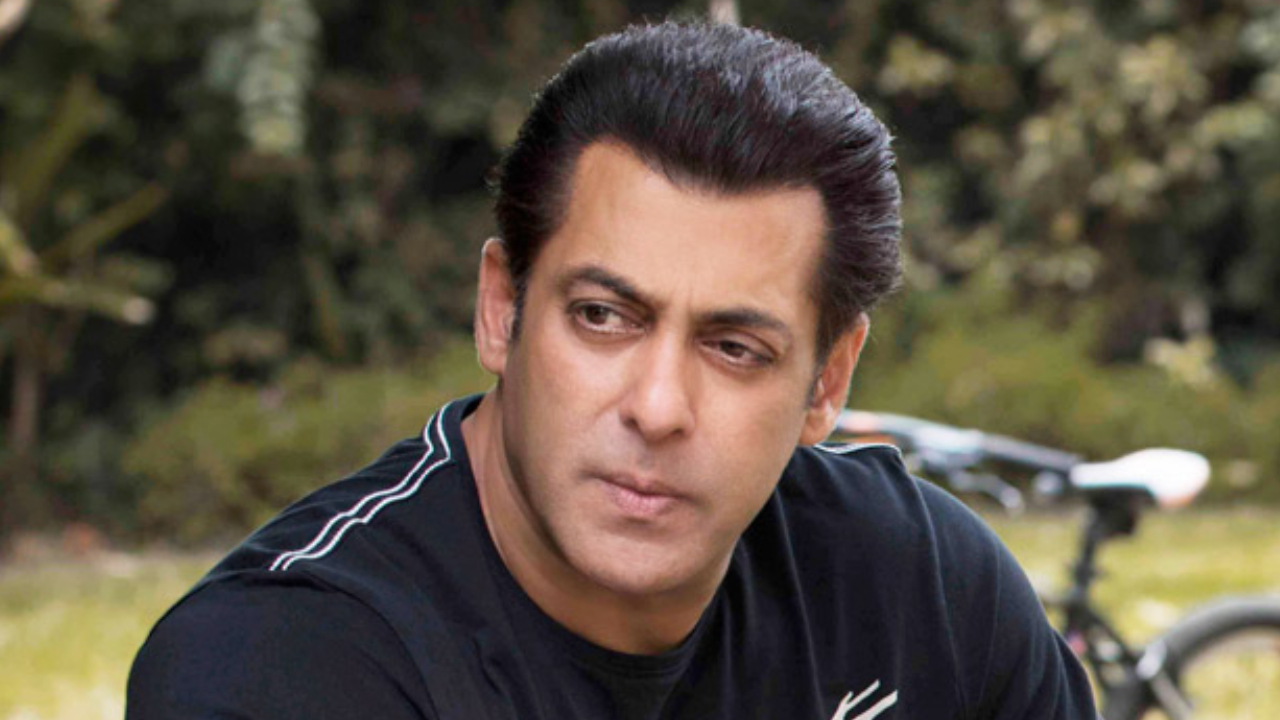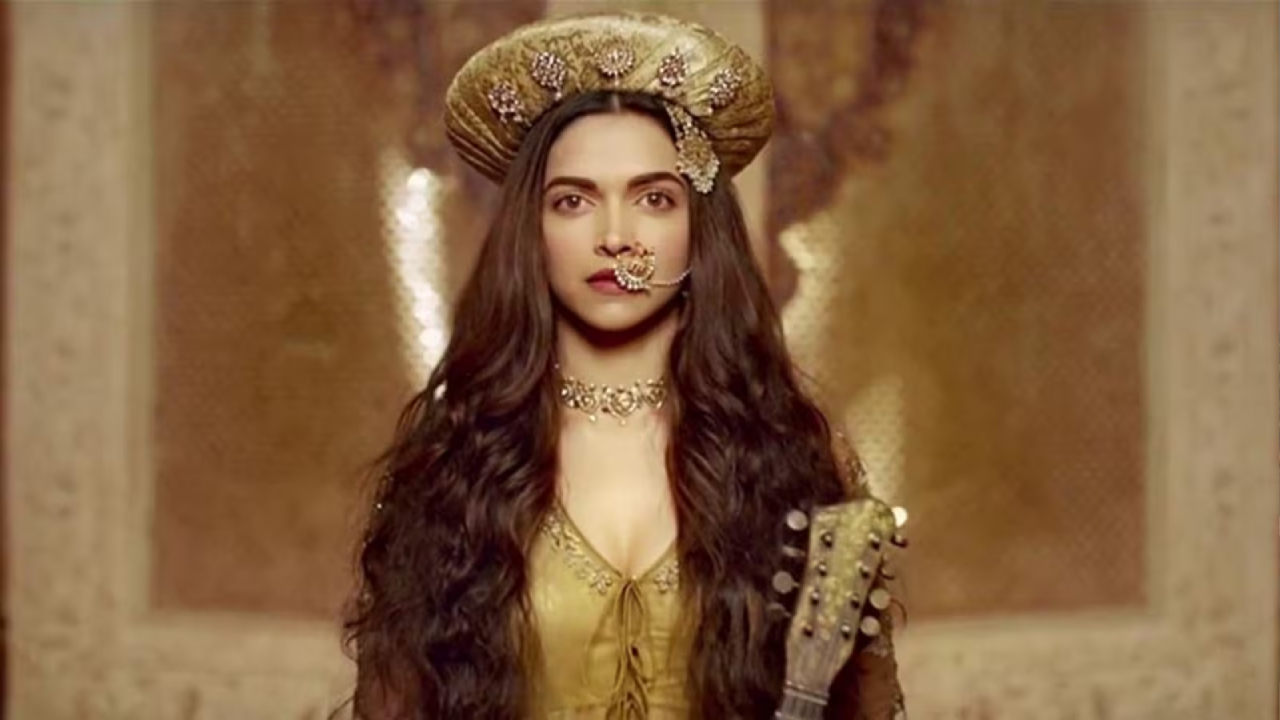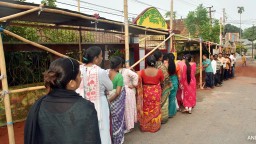Latest News
EXCLUSIVE! Niraj Mishra: a film which lacks emotion lacks a connection
.png)
Mumbai (Maharashtra): Talent is not limited to a person, the more you explore, the more you excel. The same could be said about Niraj Mishra, who is not only a successful writer who worked on films like Baaghi 2 but also is an excellent director who is gearing up for another feature film after a successful one. Talking about his struggles, success, work and more, he gave a candid interview with First India:
As a writer and director, how do you recognize a good film?
See before being a director or a writer, I’m an audience too, who is evolving every day while getting exposed to world content. And whenever I watch something new, there are certain points that I notice instantly; first the novelty of the content; then comes the visual narrative of the film. But being a writer and director, I look for more because you automatically become more analytical and technical. Correct emotions and fluidity in storytelling are equally important factors, even if the story is average. And then, last but not the least, faces/actors in the film. A star is a catalyst to a good story, if you have a great story and an unknown actor, the story creates a star, if you have an average story, great screenplay, and mid-segment actors, it makes the film a star, and if you’ve an average story, bad screenplay and superstar, it sinks everything and everyone, film, actor, director, writer, producer… everyone. So in a nutshell story and storytelling/narrative/screenplay/visual presentation should remain the priority. The second priority should be given to the right visualiser and choosing the right actors as per the script. A good film is a good recipe for many things which starts with the right content and the right intent.
A writer lays the foundation of the film. But are there times when the outcome does not satisfy the vision with which the story was written?
Good writing must be supported by good technicians, which starts with a director and his/her visual sense. Then it comes to his/her understanding of the emotional depiction of each character in different situations. A director is a master chef, if he/she doesn’t pick the right amount of ingredients, it might ruin the recipe, and the final output might be underwhelming despite having all the resources. I strongly feel a director has Godly responsibilities from the inception of the project till the final product hits the screen. So he/she must have a hawk-eye on every department of the film. I also feel a director must be an empath; it naturally helps to understand the various emotions, which is a key ingredient of any successful storytelling.
How did your journey begin from script/screenplay writing to now directing some fantastic content?
Writing started early in my life, and it came from my father. My father is a retired bank officer, but from the beginning, he was very passionate about poetry; he used to write poems in his leisure time, and he still does. So the inspiration started from home, and I also started writing random stories and poems. Initially, my world was different; I was more passionate about sports and defence services and had zero plans to venture into the entertainment industry. One more thing I want to add, i.e. still photography; also came from my father. So his old analogue black and white Kodak camera got my attention during my early years. Though I quickly learnt to click the pictures, later on, that camera crashed due to my borderline enthusiasm and curiosity about studying its internal organs, alas; fortunately, my passion for still photography survived and later graduated to moving pictures. J
My entire family used to be film buffs. In those days, you could feel the magic of single theatres in small towns. So I grew up mostly with the films of Amitabh Bachchan. Writing got mixed up with a passion for photography, and then the magic of cinema got blended up with my destiny and eventually, I ended up in the entertainment industry. I’m a student of film and will remain so, I’ve learnt everything on my own because I couldn’t afford a film school. Watching films, reading relevant books, along with constant learning new technicalities, these exercises are integral parts of my personal and professional life. I’ve played different roles for various shows like KBC to Kya Kahein, Betiyaan to Tarak Mehta, FIR to Adaalat, Laado to Jamai Raja, from Rakshak to Ishq Aaj Kal... experimented and explored all sorts of genres. From researcher to creative producer, from writer to creative director, from showrunner to director; I’ve played different roles on different shows, so my learning never took a pause. These shows and series helped me to understand the various nuances of storytelling, different characters, different situations, and different emotions. So not only I grew up professionally, but also grew as a storyteller; though let me tell you, it’s a never-ending process. In the world of the audio-visual medium, every new story teaches us new storytelling. The grammar of audio-visual storytelling changes and evolves continuously.
As I mentioned above, I never went to film school, so I’ve learnt all the tricks while being on the battleground. To extend my practice, I kept making short films and continued my passion for writing, and because of that right now I have a good bank of original scripts. Last year during Covid, I directed my first feature film; it’s an anthology and got decent appreciation from the various festivals as well as from the film fraternity. Talks are on with various platforms; I believe it’ll be available for the audience soon.
You have been a part of an excellent film such as Baaghi 2 that blended an emotional story very well with the action-packed adventure. But how difficult is writing an action film than other stories considering its focus solely on the action? Is the writing ever compromised in the process?
Any film which lacks emotion lacks a connection with the audience. Even action comes from strong emotions, whether it's revenge or a certain larger-than-life mission. Baaghi 2 worked with the audience because of strong emotions followed by great action. In the film, as the protagonist tries to help his ex-girlfriend in finding her missing daughter, drama excels further, the ex-girlfriend also perished in the ensuing chaos. Storytelling was layered with thrill and suspense, and then a strong rush of emotions… love, passion and revenge, and at the end, it culminated in death-defying action sequences, so success was inevitable. As I stated previously, a great movie depends on a variety of balanced elements; it cannot solely be based on a succession of action scenes devoid of realistic human angles. Recently we’ve seen so many action films crashing at the box office because in those films emotions were integrated as fillers, not as driving forces.
Compromise happens when power position comes into play. Everybody wants a successful film, but very few know the recipe. The problem starts, when some people who are holding power positions with MBA degrees and have hardly any knowledge of storytelling. They think they know it all, because they frequently browse international cinemas and series, and know international names and trivia. People need to understand that watching international cinema, knowing names and trivia, and speaking Tharoor’s English has nothing to do with the art of storytelling. You could’ve developed a certain taste in cinema, but when it comes to putting things on blank paper and translating it visually on the big screen, trust me here comes ‘the art’ into play. Compromise happens when contact, influence, and reference become the primary criteria. Once we stop this we would start seeing the emergence of good cinema and good box office returns. Storytelling is an art; it should be treated with sensibility, novelty and honesty; good art always fetches good money. We just need to open our doors and hearts to genuine talents.
You have also written, produced and directed the psychological-cum-horror series, Samanantar. How was your experience working on a project that was born and raised solely by you?
Samanantar is very close to my heart as it’s my ‘first’ feature film as a Director and a Producer. It was one hell of a ride, can’t tell you much, but the struggle behind the scene is a film itself, maybe one day, I’ll bring that story onto the screen too.
Keeping the universal audience in mind, I wrote all four stories very carefully without missing the social and regional milieu. It has all the ingredients of audio-visual storytelling, i.e., thrill and supernatural quotient, social issues and social message along with unique visuals, and quirky and emotional storytelling while keeping the life philosophies attached to it.
In this film, I was totally on my own till the shoot finished, no one from the film fraternity except some young blood who wanted to do something substantial and equally passionate as me. My entire crew were freshers including my cinematographers Archit Mishra & Pulkit Rathi who did an excellent job in challenging circumstances.
We shot the entire film in a record number of days in January, when the average temperature was 2 degrees Celsius. The film has been shot in Bihar and around the India-Nepal border. Being in bordering locations, shoots were quite challenging as it was infested with smugglers and anti-social elements. We shot all the stories in real-time, mostly post 9 pm in the freezing winter of Himalayan belly, and as per local folklore, some of our locations were haunted too.
We never had world-class equipment or luxury timeline or any backup, but we did our best to translate all four stories on the screen seamlessly with all fresh faces; 95% of the actors acted and faced the camera for the first time.
I strongly believe, this film has a universal language of different emotions and it’ll appeal to regional and global audiences. Now we are in the last leg of the struggle to release the film. I believe it’ll reach its destination soon.
You are also working on a film which is directed by you and the poster itself is very anticipating. Could you tell us more about it?
Yes, it’s a psychological and philosophical thriller, something fresh and original. Scripting is done and now we are in talks with the actors and the rest of the technicians. Will give you more information once the official announcement is done, keeping my fingers crossed.
You have come far through your struggles and are establishing a successful career. What has motivated you to keep standing up every time you fell?
Where there is a dream, there is a struggle. I come from a very small town and a working middle-class family. I always wanted to do something substantial in my life, and hence from the beginning, I continued hopping from one place to another in search of the right path. And ultimately, it ended up in the entertainment industry. Normal and regular are too boring for me, so to keep myself away from boredom I keep aspiring high; it gives me a goal and it gives me purpose. As it is said, if one has extraordinary goals, then one has to make extraordinary efforts too. So challenging one’s potential and learning continuously are key factors in my life. But at times efforts don’t work as per the expectation, since this industry has so many steps and cutthroat competition. It becomes even more difficult when you come from a different background and have no references. You meet many people in your journey; but help and support become a very expensive affair, especially when you’re striving for something substantial. But there are selfless 0.0001% who are there to hold your hand when you fall. One thing my mother taught me since childhood if you’re working hard, if your intent is right, and if you help others without any expectation, God is there to take care of you, it stayed in my mind. And believe me, till today God continued sending his agents (that 0.0001%) to hold my hand whenever I fell. Falling is difficult and painful, but succumbing to it is fatal, always rise with double the force, rest God is there to lead you forward. As the great philosopher, Confucius said, our greatest glory is not in never falling, but in rising every time we fall. J

.png)
.png)
.png)
.jpg)
.jpg)

.png)
.png)
.png)
.png)


.jpg)
.jpg)
.jpg)
.jpg)
.jpg)
.jpg)

.jpg)
